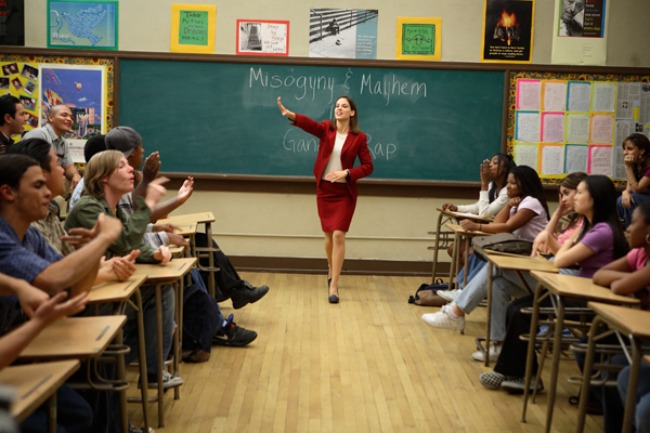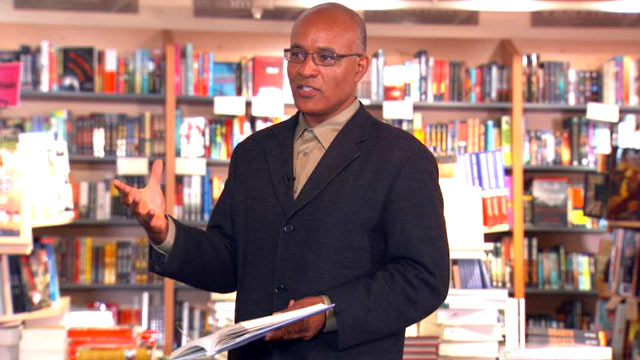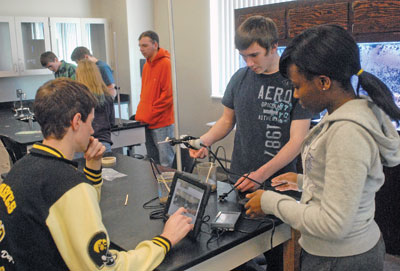What Should Be the #Relationship Between #Professors and #Students?

What Should Be the #Relationship Between #Professors and #Students?
Classroom by definition is a place where students meet to study the same subject. A teacher, who took a leadership role in leading discussions and getting students to be involved in learning the subject taught, controlled this environment at one time. Now a days, the role of a teacher in a classroom environment has been reversed. Students are allowed to take the leadership role in creating and leading discussions. Just as roles of the teacher and a student have changed in a classroom over the years, so have the relationships between a student and a teacher. Many years ago, as we have read and heard, student teacher relationships have been very formal, distant, and the teacher’s judgement was accepted. With almost 21 years of experience as a student, I have come to learn the relationship between student and teacher can vary depending on many characteristics. Since everyone has a different background and a different character, it is almost difficult to say how a teacher should relate to a student or vice versa. I do believe that student teacher relationship should be professional, yet not so professional that students fear to approach. Teacher, student relationship should be formal, yet inviting. Teacher student relationship should definitely not be judgmental, and it should allow the teacher on her or his part to take time to get to know the student.
#CCOB
At one time, about six years ago I took an economics course, which was a lower division course, it was apparently taught by one of the professors who had a very reputable standing in the department of economics. I would never forget how this professor always came to work looking very professional, wearing attire that did not seem to suit the environment. He was overly professional looking compared to other professors on campus, so it made him stand out. This look apparently had students talking about how unapproachable this professor was. No one dared to approach and ask him a question because it would only make anyone appear foolish if they did. His attitude at the beginning of the year had also thrown off many students. The fact that he would say to a student just coming into the classroom wearing his hat backwards, “Those who wear their hats backwards, their brain is backwards!” I personally did not get to know this professor because it was obvious that his intent was to just lecture and leave. It almost seemed like asking him a question would only irritate him, and no one would have wanted to witness that. In addition, he gave all students the impression that he did not want to be there either, lecturing a lower division course. It’s just that he had to do it because it was part of his contract and to keep his status. There were other attributes that made students not want to approach to this professor, and it was only clear that a student teacher relationship did not and would not exist in this case.
Now this is where I have to contradict what Jeffrey Hart says in his essay of “How to get a College Education.” Hart states, “Any male professor who comes to class without a jacket and tie should be regarded with extreme prejudice unless he has won a Noble Prize”(129). It is only obvious that attire does not necessarily determine the attitude of the teacher or his/her ability to teach and to relate to students. Thus, a teacher or a professor, who takes his/her career seriously and seems to radiate that outlook, should not present themselves as unapproachable. A smile and an invitation for questions would allow students to feel a little comfortable and feel that they can ask a question without fear and actually learn a subject in a more pleasant way. I think hooks sets one of the great examples for educators as Andrea Lunsford notes, “In signaling to one questioner after another, hooks never once pointed her finger. Instead, she extended an open palm, issuing an invitation rather than a command (or an accusation)”(93). It sounds to me that even though hooks is very professional. She does not seem unapproachable at all.
#CCOB
Teacher student relationship should be formal but inviting. To be formal is to be respectful and follow the established rules of college or a school. This does not include the customs and the strict fashion that once used to be the case. There should be mutual understanding of what is required from the student or the teacher in order to complete the course in a successful, understanding manner. Ms. Gillman, an English teacher I had once, was a great example of how a teacher should be. She set standards to be followed by her students, and she pushed students to follow those standards as much as they could. In addition, she was willing to get to know those who were willing to put in the time to find out what she actually required whether it was for a term paper or a project. Although she seemed a little strict and had a very determined tone, she did not seem the kind of teacher who would refuse to set time aside for a discussion or a question that required a student’s attention. She took her time in getting to know why a student did a project a certain way that did not necessarily fit her requirements. Thus, these are the kinds of teachers who make an impact on students like me, who carry on talking about them even after years have gone by.
What also needs to be taken into consideration is the attitude of educators toward students who come from various backgrounds and vice versa. I do not see it appropriate for a teacher to turn to students and demean them for pursuing a goal that is unusual from their point of view. I specifically did not agree with a statement which Hart made “But for the time being, what these fads have done to the liberal-arts and social-sciences curriculum since around the 1968 is to clutter it with all sorts of nonsense, neoscience, and distraction”(128). This statement by Hart no doubt, sets him apart from those educators who do not feel the same way. For certain, there are so many students and educators who can oppose this view and consider it rather rude and debasing. Thus, the point is not what should students be pursuing, which is a different topic in itself, but rather the outlook on what should be the relationship between teachers and students?
#CCOB
Getting to the last statement on the issue of student teacher relationships, it would be appropriate to say that teachers or professors should not be judgmental or negative because this certainly does not portray a positive image of educators or students for that matter. We have come a long way in this country where we have learned from researching the many ways a student learns or that behavior does not determine what a student can achieve academically.
For research to have concluded “that men and women are indivisible in terms of their average overall intelligence” (Thomas 120) should not lead educators to conclude from old research that “at kindergarten and primary -school level, little girls out-perform the boys”. There has been underlying issues as to why the latter has been the case, and is because “the vast majority of teachers are female”. Furthermore, “Surveys by now-defunct Inner London Education Authority showed women teachers consistently praised girls more than boys, and equally consistently criticized the boys’ behavior”. Thus, “it has always been assumed that boys tend to speak up more forcefully than girls, and tend to be spoke to more frequently by teachers. If so, this reflects life in society as a whole” (121). It is clear that it’s not that boys excel in certain subjects and girls excel in other, which allows many to think one is smarter than the other by choice (which is passing judgement), but the fact that the environment (society) and the educators have a direct affect on students.
#CCOB
Hart in his essay of “How to Get a College Education” contradicted many of the ideas that have developed over the years as to what a student should study. It is obvious from his essay that he is not being an open-minded educator when he proposes that “recent intellectual fads have done extraordinary damage” (128) to what he calls the liberal arts and social sciences curriculum. In my opinion he is being judgmental and imposing what he believes the better case would be, which is to get rid of all ‘studies’ programs such as Black Studies, Latino or Chicano Studies. I wonder what he would be thinking as he is conversing with someone who has majored in Nicaraguan Lesbian poetry?
As Mike Rose says, “We are in the middle of an extraordinary social experiment; the attempt to provide education for all members of a vast pluralistic democracy. “We’ll need a pedagogy that encourages us to step back and consider the threat of the standard classroom and that shows us, having stepped back, how to step forward to invite a student across the boundaries of the powerful room”(118). It is exactly this type of ideology that separates Mike Rose from Jeffrey Hart and allows educators to view student-teacher relationships in a non-judgmental manner and accept the students for who they are and what they have with them to share with the rest of the society.
From my experience and from my perspective I would like to conclude by stating that educators should be professional, formal, inviting, not judgmental, and sensitive to the student’s background and their needs. These factors are important for a student-teacher relationship to exist. If one or two factors are not present then clearly there is really no association between a student and a teacher, and students will come to perceive educators as obstacles they just need to overcome.





